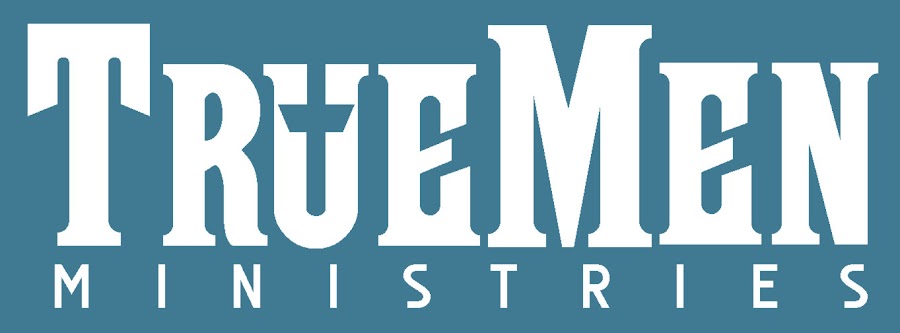I don’t remember reading books until I was in the sixth grade. The first book I remember reading was The Boxcar Children by Gertrude Chandler Warner. I remember always loving to read – having gone through my school’s complete SRA reading laboratory by that time.
It must have been about this time that my dad bought me my first science fiction book – Robert A. Heinlein’s Space Cadet, and I was hooked! I progressed through Heinlein’s juvenile novels, then moved on to Isaac Asimov and Ray Bradbury. Science Fiction was my first love but I’ve since moved on to all other styles of writing.
I read Space Cadet in 1976 and while my nose was buried in a book, it got me looking up to the stars. At this point in the United State’s history, there wasn’t much to look at up there. The Apollo Program had ended in 1975 and NASA was working on a reusable “shuttle” but that was in the future – pretty much science fiction until January 1977.
But fiction was fast becoming fact and in 1981 the first Space Shuttle mission was launched.
In the early morning hours of Thursday, April 9, my brother and I woke up after not really sleeping and traveled with my dad and a friend and his dad to the airport for our flight to Florida. We were going to witness the first shuttle launch!
We arrived at Titusville, Florida early on April 10 and waited for the countdown to zero. But it was not to be. Because of a timing problem in one of the shuttle’s computers (we found out later), the mission was “scrubbed” for two days. Disappointment was tempered by a visit to Disney World that Saturday. Saturday night we didn’t sleep at all as we made our way back from Orlando to Titusville.
We gathered with tens of thousands of others on the beaches of Titusville looking east toward Pad 39A at Kennedy Space center and at 7:00 a.m. Shuttle Columbia lifted off into a clear blue sky. First we saw white smoke, then orange flame, and then the shock wave of sound hit us. It was so incredible all I could do was stare through the view finder of my camera as tears dripped down my cheeks.
I had witnessed history in the making! In just twenty years, we had moved from placing a human in orbit, to landing humans on the moon (and returning them) to being able to fly a craft into space and then return it safely to earth to be used again. We truly live in historic times!
Last Monday, July 20, 2009, marked the 40th Anniversary of another historical event. The first time a human walked on the surface of the moon. I don’t have any direct memory of seeing that (I was four years old at the time), but the images are iconic.
As are the words uttered from the lunar surface: “That’s one small step for man; one giant leap for mankind.”
As I stood on the beach in Florida watching Young and Crippen blast off into space, I was joined by my brother and friends and hundreds of thousands of other people from around the world. We weren’t Americans, we were “citizens of the world.” We were humans, brought together by a historical event.
As we marked the 40th anniversary of the Apollo 11 landing, I was thinking about this idea of being human.
Jesus didn’t come to this earth to save a specific group of people (such as Jews in 1st Century Israel, or Americans or Lutherans, etc.). Jesus came to this world, born of Mary in Bethlehem, to save all humans.
“For God so loved the world, that He gave His one and only Son….” (John 3:16, emphasis added).
Historic events like the first lunar landing or the first shuttle launch can remind us that while there are such things as Americans and Russians and Brazilians, etc., we are all, first and foremost, humans. We are people, we are brothers and sisters.
And we are loved by God and saved by Jesus Christ through His shed (human) blood on the cross. The Son of God became fully human – one of us – to save us from our sins. He remained fully God in order to defeat death through His resurrection on Easter Sunday – the most significant event in the history of the world.



